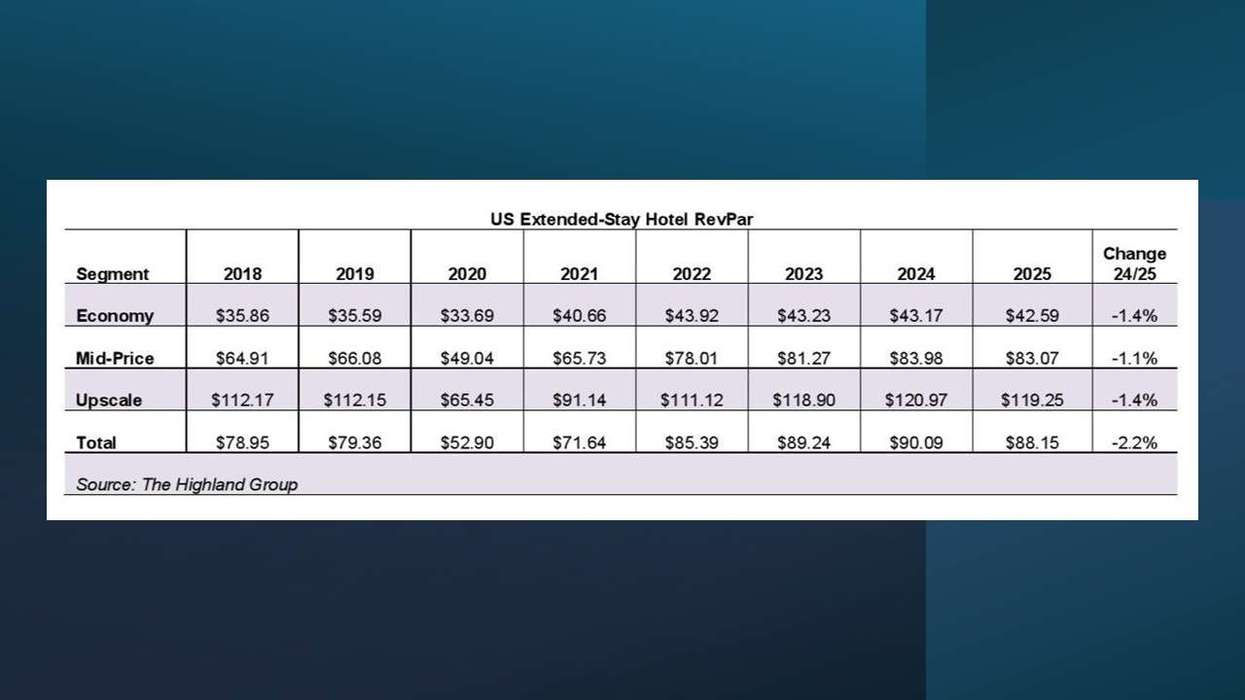Hotels are one of the key factors that shape the travel experiences of modern consumers. One of the biggest highlights of every relaxing holiday is staying in a plush hotel that’s equipped with all modern amenities. The onus is on hotel operators to provide guests with a flawless experience.
Now, you might have devised various strategies to enhance customer experience, from building an exotic spa to offering a plethora of fine dining options. But if your guests face minor issues, such as a clogged sink, burst pipe, or contaminated drinking water, it could ruin their stay.
That’s where a wastewater treatment system steps into the picture. When properly installed, it ensures that guests never face any inconvenience due to faulty septic tanks. Also, it results in significant cost savings, and even makes your property more sustainable.
In this blog, we’ll delve deeper into the benefits of using a robust wastewater treatment plant for modern hotels. Also, we’ll explore the key factors you should consider before installing a plant on your premises. Let’s get started.
Why Should Hotels Prioritize Wastewater Treatment?
Here’s the thing - the hotel industry had experienced massive growth before the COVID-19 pandemic. While the industry struggled with low occupancy rates in 2021, global hotel occupancy rates had already reached two-thirds of the pre-pandemic levels by April 2021.
That means now is the right time to attract guests with state-of-the-art amenities and deliver an outstanding customer experience. Installing an on-premise wastewater treatment system will go a long way to eliminate minor inconveniences that can affect a guest’s stay.
It helps prevent operational hiccups, such as contamination of natural water sources and clogging of water supply pipes due to oil and grease. It also ensures the safety and well-being of your guests.
Moreover, in recent years, there’s been an increased emphasis on sustainability in the hospitality industry.
It’s worth noting that hotels generate a ton of wastewater every day, from the swimming pool, spa, and gym to the kitchen and laundry facilities. Directly discharging the wastewater into a municipal sewage treatment plant or a nearby water body could degrade the environment. Also, it could adversely impact the natural biodiversity of the surrounding region.
It’s important for hotel operators to ensure that their wastewater discharge is free from harmful chemicals and impurities. Installing a full-fledged treatment plant ensures that the effluent discharge into an external water body or municipal sewage system doesn’t cause water pollution.
It isn’t just crucial from an ethical standpoint. Many local and federal laws require commercial establishments to comply with environmental regulations. If the effluent discharged from your hotel doesn’t meet the required standard, you could face legal action and penalties.
Also, having a proper treatment facility on your premises lets you reuse the wastewater. You can utilize it for gardening, laundry, and housekeeping. It’ll go a long way to reduce the overall water consumption and minimize your expenses. Ultimately, it’ll have a positive impact on your bottom line and skyrocket your revenue.
If you want to keep your hotel business afloat in the post-pandemic era, it’s necessary to deploy cost-effective wastewater treatment protocols that go beyond traditional septic tanks.
How to Choose a Wastewater Treatment System for Your Hotel?
Implementing a wastewater treatment facility in your hotel requires an extensive understanding of the process and your needs. Here are a few tips to help you get started:
Dig Deeper Into the System
When you’re looking for a wastewater treatment plant for your hotel, you must have a clear idea of how the system is supposed to work. Typically, the wastewater goes through various filtration and purification processes, including mechanical treatment, activated sludge process, and UV disinfection.
Also, you should be familiar with key system components, such as:
- Mechanical screens
- Sedimentation tanks
- Aeration tanks
- Disinfection chambers
Additionally, the system could comprise ultrasonic flow meters placed at strategic intervals. An ultrasonic flow meter provides a non-invasive way of measuring volumetric flow, fluid velocity, and levels in the treatment plant.
Having flow measurement data at your disposal will help you optimize the treatment process and ensure that the effluent meets the required standards.
Assess Your Needs
Next, you need to monitor your hotel’s water consumption and identify the daily average wastewater volume based on the total capacity. Also, you need to track how the wastewater discharge fluctuates between peak and off-peak tourist seasons. Consider the number of wastewater generating units as well.
It’ll help you choose a treatment plant that’s equipped to handle the desired volume of wastewater. You can also improve the system’s efficiency based on the available data.
Moreover, it’s a good time to check the local and national environmental laws that are applicable to your hotel. Make sure you install a system that’ll help you maintain the required effluent standards during peak tourist season.
Invest in a Grease Trap
The last thing you want is to clog the treatment plant or pipeline with oil and grease. It’s particularly likely to happen when your hotel is functioning at maximum occupancy. The best way to avoid such circumstances is to install a grease trap that intercepts oil and grease from the wastewater before it’s sent to the treatment facility.
Lastly, don’t forget to devise solutions for reusing the treated wastewater. While it isn’t fit for human consumption, you can still use it for maintenance and housekeeping purposes. It’ll minimize the environmental impact of your operations and even bolster your hotel’s reputation.




